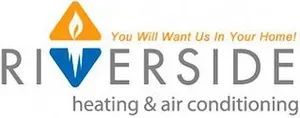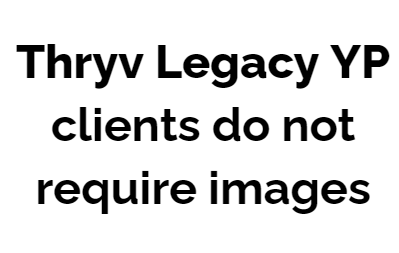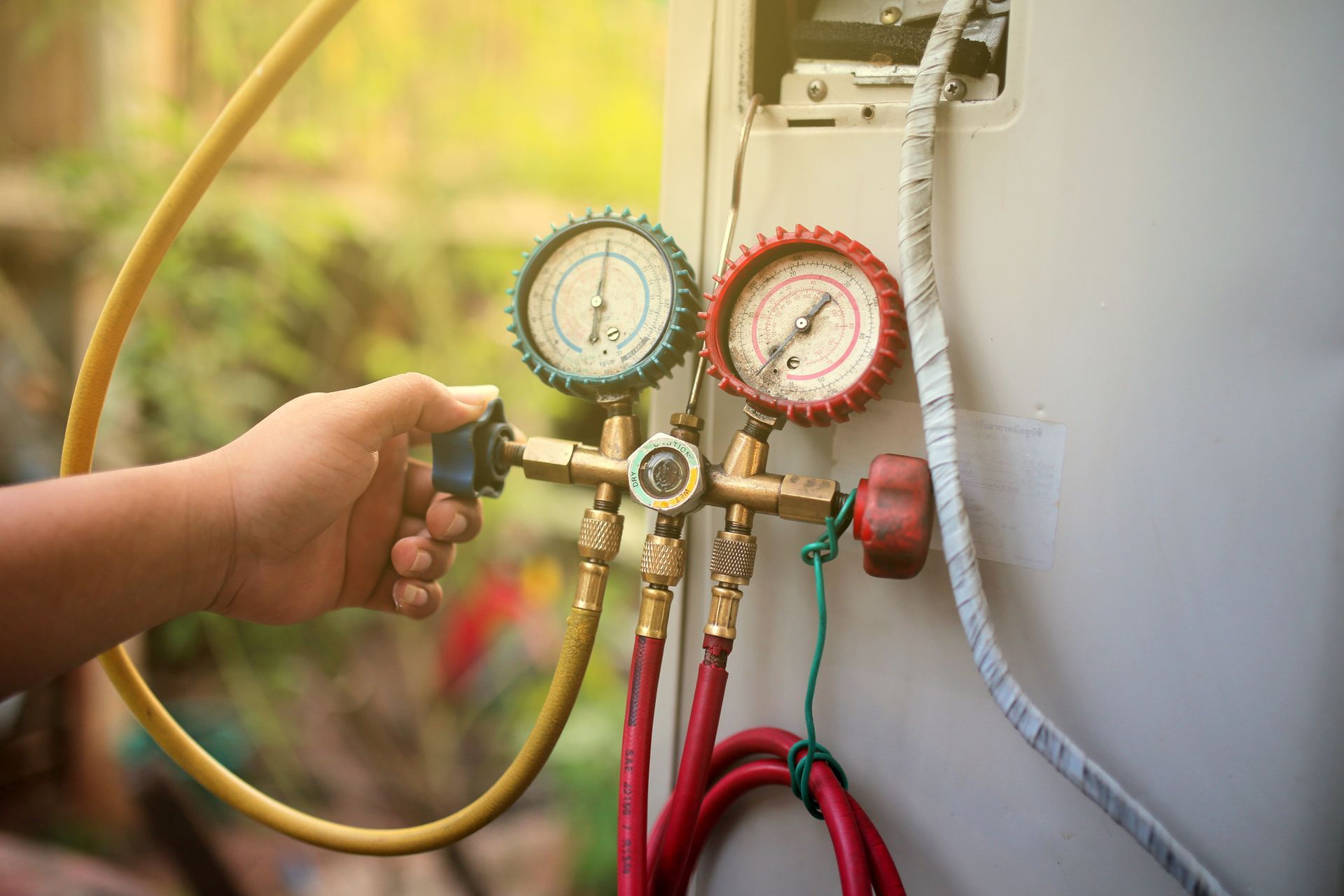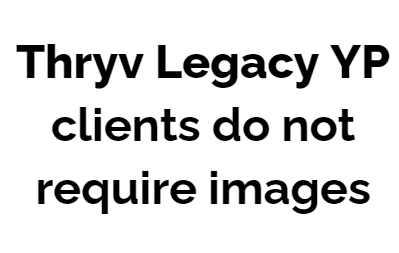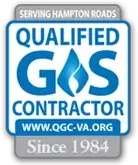The Basics About Carbon Monoxide and Your Heating System
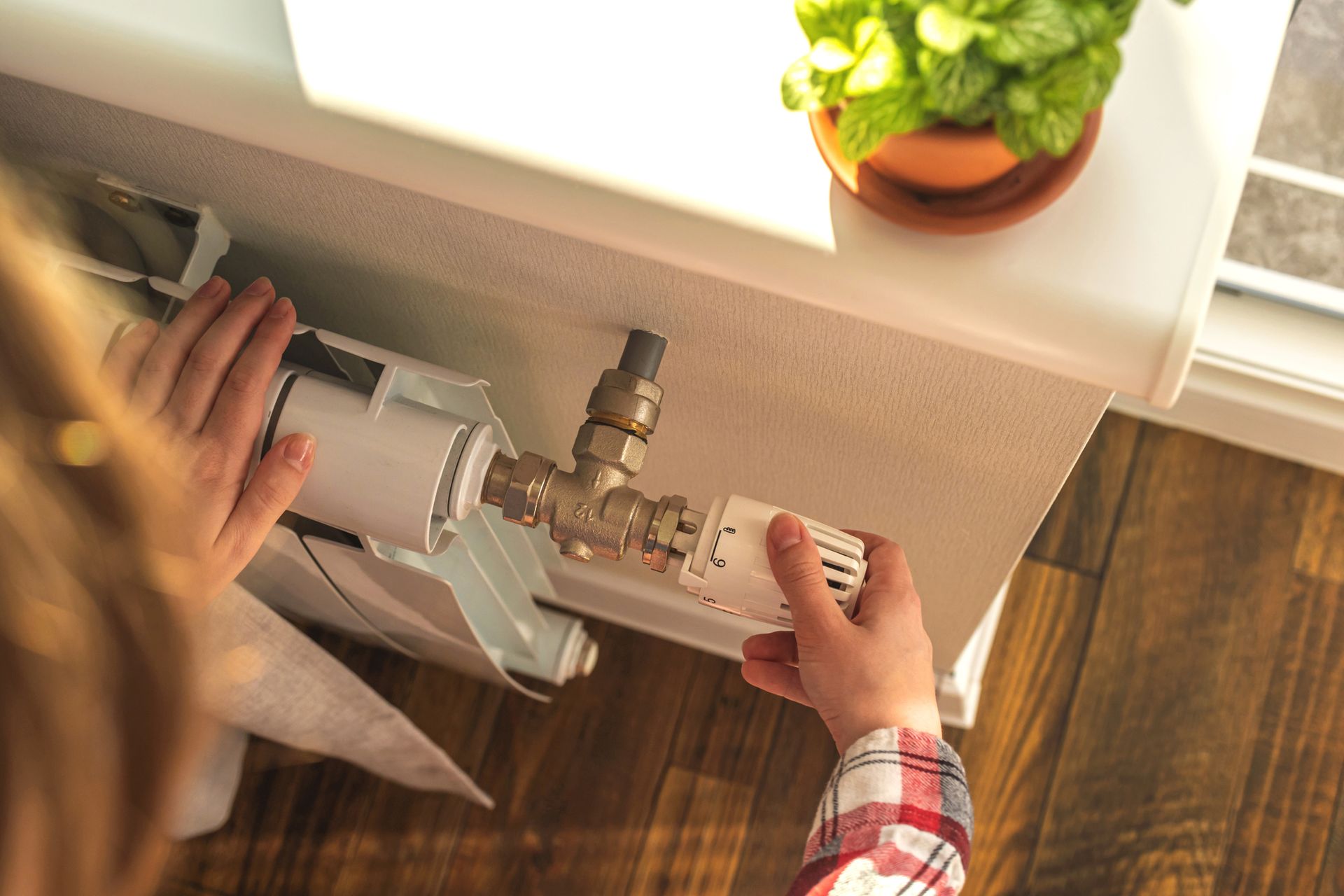
Imagine a thief who is invisible, silent, and can sneak into your home without a trace. That thief is carbon monoxide (CO), a dangerous gas that can come from your own heating system. It's known as the silent killer because you can't see or smell it, but it can hurt you or even be deadly. This blog will tell you about the risks of CO, how to tell if there is a leak, why CO detectors are a must-have, and how regular maintenance can keep you safe.
The Danger of CO
CO is a tricky gas because it can be around you without you knowing it. It's made when fuel doesn't burn all the way. This can happen in things like your furnace or stove. Breathing in CO can be really bad for your health. It can make your head hurt, make you dizzy, or even make you pass out. If too much CO gets into your body, it can stop your heart and lungs from working and can kill you.
CO is especially sneaky because you might think you are just feeling sick with something like the flu. If you are at home and you feel bad, and then you feel better when you leave your house, CO might be the problem. Kids and pets can get sick from CO too.
The Role of CO Detectors
CO detectors can save your life. They work like a smoke alarm, but they look for CO. When they find it, they make a loud noise to let you know. You should have a CO detector on every floor of your house, and it is really important to put them close to where you sleep. That way, if CO gets into your house while you're sleeping, the alarm can wake you up.
Make sure to test your detectors regularly and change the batteries at least twice a year. If the CO detectors are not powered, then they are not doing their job to alert you of CO in the air.
The Regular Maintenance For Prevention
To keep your home safe from CO, you need to take care of your heating system. You wouldn't drive a car without ever checking it, right? It is the same with your furnace or stove. You need a professional to check them out every year. They will look at your equipment, clean it, and fix anything that's not working right. This not only stops CO from leaking, but it also helps your system work better and last longer.
The Signs of a Possible CO Leak
There are clues that can tell you if there might be CO in your home. If you see soot, which is black dusty stuff, around your furnace or if your gas stove flames are yellow instead of blue, that is a sign that CO could be leaking. Also, if your CO detectors go off, take that seriously — it means they have found something.
The Immediate Steps if You Suspect a CO Leak
If you ever think CO is leaking into your home, you need to act fast. Get out of the house right away and take everyone with you, including your pets. Do not try to fix the problem yourself. Call for help from outside and stay out until help arrives and tells you it's safe.
If you're not sure about your heating system or your CO detectors, get in touch with a professional at
Riverside Heating and Air Conditioning Inc. It's a small step that could save lives. Remember, it's better to be safe than sorry when it comes to the silent hazard of carbon monoxide.
